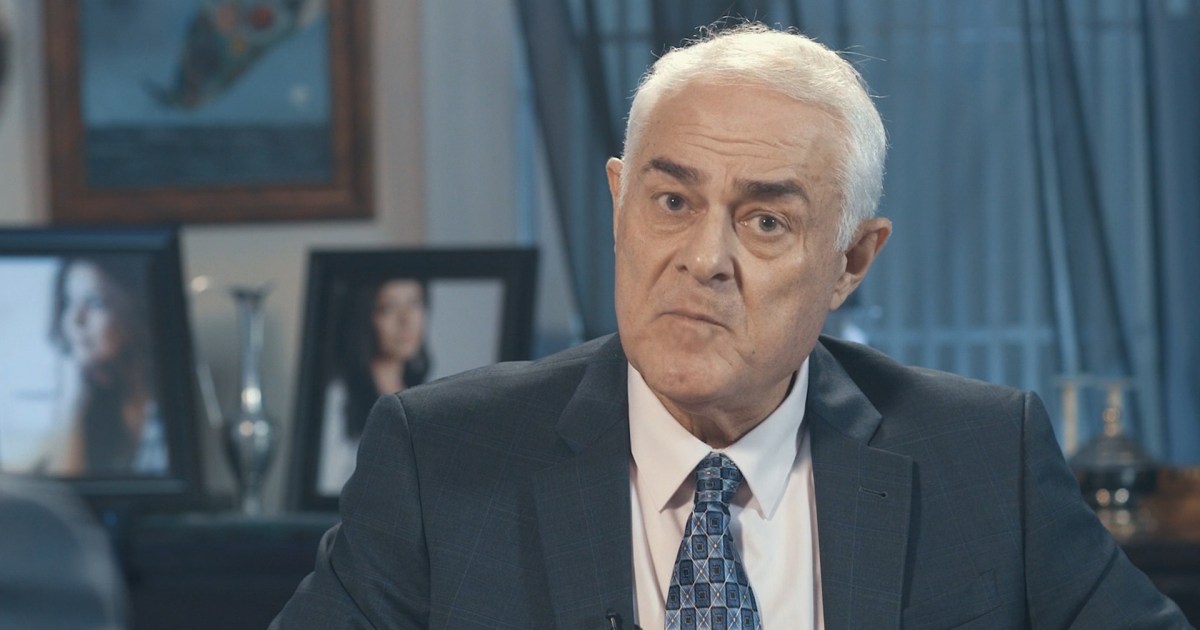The professor talked about his beginning, and the reasons for his refusal to political affiliation, and he also talked about his beginning in studying Islam at the age of 15, despite being a Christian, and he stressed that he has a fondness and a keen interest in Islamic history, so much so that he bought the first salary received by al-Tabari’s history book, and his university studies Focused on Islam and Middle Eastern history.
Hallaq believes that the Islamic history that is being circulated today is not real history, but rather "the West wrote it to us and we repeat it like a parrot", and that European history has not yet been written, and that Muslims are required to study European history to understand how they wrote our history.
He also specialized after going to America in Islamic law, and his first research was on judges in the first Islamic era, after which he discovered the principles of jurisprudence and fell in love with it, according to his description, and studied it for 20 years.
The Palestinian thinker called on everyone to stop dealing with an advanced term when talking about the West, because of its superiority and description that carries a lot of discrimination, because it makes our Islamic world backward and backward, since the Western world is the advanced world.
He considered that everything that the world is experiencing today is not progress, but rather a state of destruction that includes all fields, justifying this with the reasons for studying space to live in, as the globe is moving towards destruction by human action.
Hallaq stressed that the central and sub-domain are important for analysis in order to diagnose problems, since the central domain is what decides the society to proceed and how it thinks, and the sub-domain serves the previous domain, and this is the core of Islamic legitimacy, which was a central domain, as Muslims considered other sciences such as mathematics, biology and medicine A subdomain serving the main domain.
On his vision of liberalism, the Palestinian thinker emphasized that his definition of liberalism comes from its two pivots: the first relates to capitalism and the materialistic outlook, and the second is the system of governance and politics that protects materialism.
In the second part, Professor Wael Hallaq is expected to talk about his thought and vision, his projects and the criticism directed at him.

